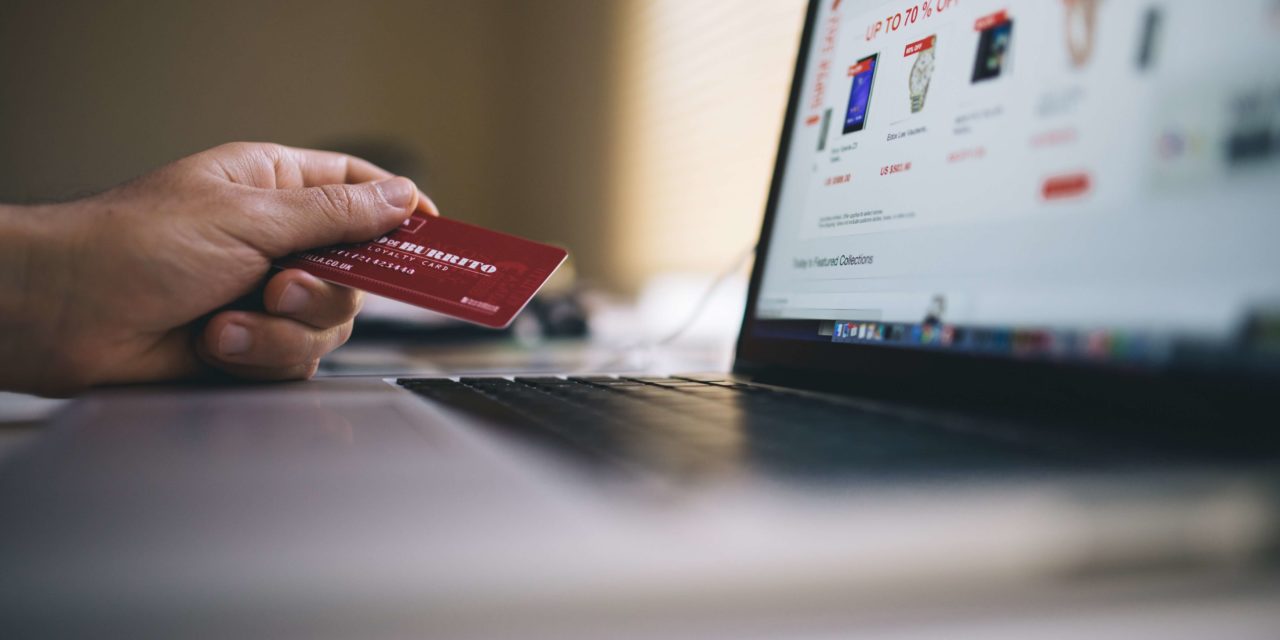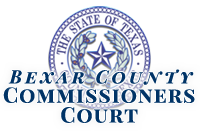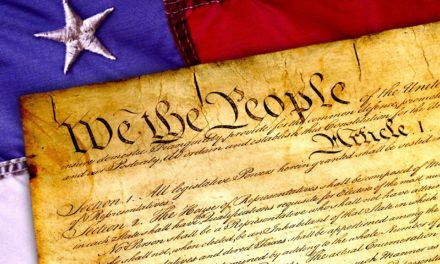Research tells us that eight in ten Americans shop online- perhaps you’ve made an online purchase (or several) this month. However, nearly anything available online can be counterfeited. An in-depth investigative study by Better Business Bureau (BBB) finds that one in four people have bought something that turned out to be fake.
It is sometimes very difficult to tell apart the legitimate products from counterfeits. This stems from a large network of organized criminals and credit card processing mechanisms that are willing to support them. Our report titled “Fakes Are Not Fashionable” digs into the scope of the problem, what’s being done to stop it and how consumers can be more savvy online shoppers. What did we learn?
While counterfeit goods are reported to be deeply discounted, counterfeit sellers regularly use selling prices that are close to the price of the real product, so the prices offered are no longer a signal of a fraud. Counterfeiting and intellectual property piracy cost the U.S. economy $200-$250 billion. In the last three years, BBB has received more than 2,000 complaints
Also, 88% of counterfeit goods come from China and Hong Kong with their smuggling and online sales via fraudulent websites widely thought to be coordinated by international crime groups, banks and an extensive network of intermediary payment processors.
And how do consumers ensure we are buying safely online? BBB recommends consumers check the reputation of the seller before making payment, read recent reviews and contact the manufacturer for a list of authorized sellers or resellers.
Ask for a refund. Victims who don’t receive anything when buying online with their credit card, or who receive goods that are counterfeit or not as described, should call the customer service number on the back of their card and request a refund. The report goes into detail about the process of obtaining a refund and the remedies available to victims.
Report counterfeit goods. Contact the online marketplace support directly. Places like Amazon have an “A-Z” guarantee for goods sold by third parties; victims can seek refunds here. Victims can file complaints at bbb.org about online sellers that claim to be in the U.S. or Canada. BBB tries to resolve complaints and may help in getting a refund at no cost. BBB also looks for and reports patterns of complaints. Consumers can report scams to BBB Scam Tracker.
FBI: The FBI takes complaints about counterfeit goods: You can visit ic3.gov or fbi.gov.
Federal Trade Commission: You can complain to the FTC by calling 877/FTC-Help or file a complaint online at FTC.gov
Counterfeit Goods Investigation












